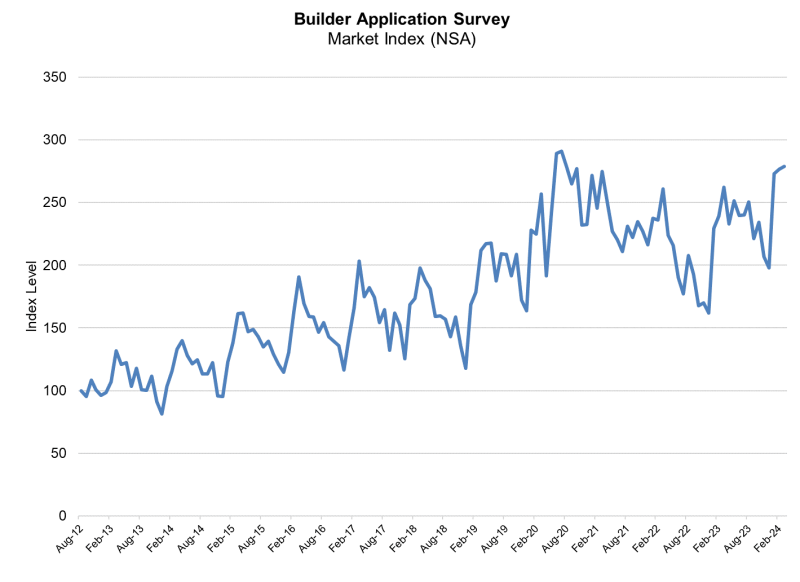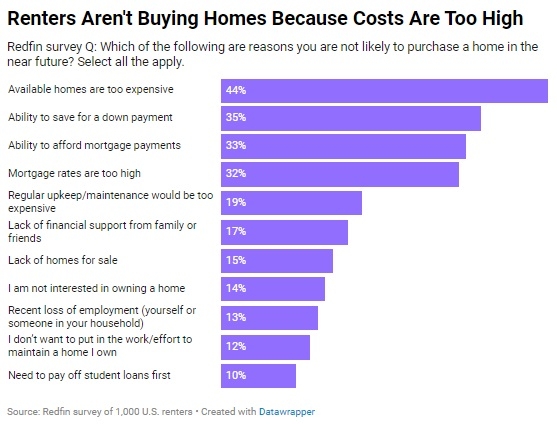Advertisement
Community Lenders Voice Their Concerns to Senate Banking Committee

Sens. Tim Johnson (D-SD) and Mike Crapo (R-ID) held a Senate Committee on Banking, Housing & Urban Affairs meeting to discuss securities, insurance and investments. The session, “Creating a Housing Finance System Built to Last: Ensuring Access for Community Institutions,” was open and featured testimony from Sandra Thompson, Deputy Director, Division of Housing Mission and Goals for the Federal Housing Finance Agency (FHFA); Bill Hampel, senior vice president and chief economist, Research & Policy Analysis, Credit Union National Association; Jack Hartings, president and CEO of The Peoples Bank Company, on behalf of the Independent Community Bankers of America (ICBA); Andrew J. Jetter, president and CEO of the Federal Home Loan Bank of Topeka; and Mike Middleton, chairman and CEO of the Community Bank of Tri-County, on behalf of the American Bankers Association (ABA).
“Community-based lenders are particularly important in smaller and rural communities where lending can be challenging,” Thompson said. “Standard documentation that aggregators or large lenders require from mortgage originators before accepting loans for securitization may be more difficult to produce in smaller and rural communities.”
A strong community-based lender is often determined based on their access to the secondary market. Vendors who have better access are better-regarded in terms of lending, for obvious reasons. Recently, there’s been a push to level the playing field through the raising of G-fees, which would, in effect, increase fees imposed by mortgage-backed securities (MBS). The predicted snowball effect would, most probably see GSEs neutered of power in the balanced market, something FHFA Acting Director Edward DeMarco has been calling for.
“A key motivation behind increasing g-fees was to bring the government-sponsored enterprises’ credit risk pricing closer to what would be required by private sector providers,” DeMarco said back in March.
“Although the conservator of the GSEs, the Federal Housing Finance Agency (FHFA) has raised the G-fee to encourage development of the private market, and to begin to repay the government for its current support, more needs to be done both to protect taxpayers and to encourage the return of capital to the private market,” said Middleton. “G fees must be set high enough so that the private market will be able to price for risk in a fashion that allows for safe and sound investment and lending at a rate that is comparable (and eventually better) than the rate charged by the GSEs or any successor such as the Federal Mortgage Insurance Corporation (FMIC).”
While the verdict is still out as to whether or not GSEs will see a decrease in their market power, independent, community banks will surely continue to jockey for a better lending position. Should the FHFA’s demands on the GSEs come to fruition, through G-fees increasing or otherwise, power could be balanced accordingly among community banks.
About the author





